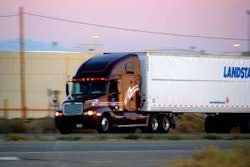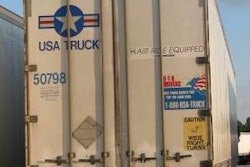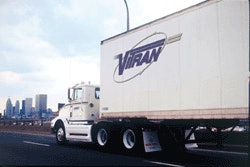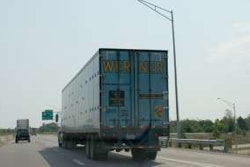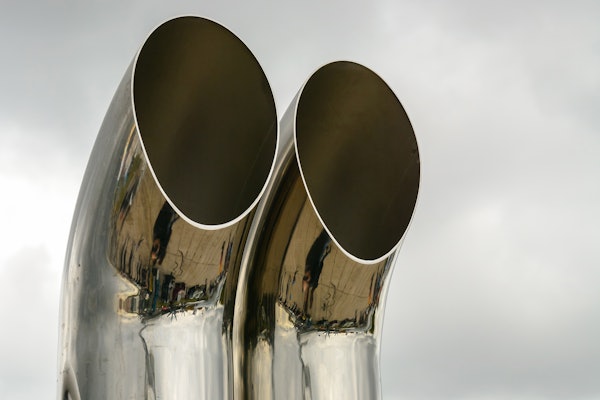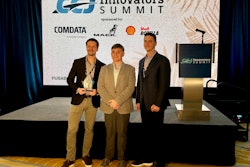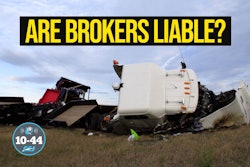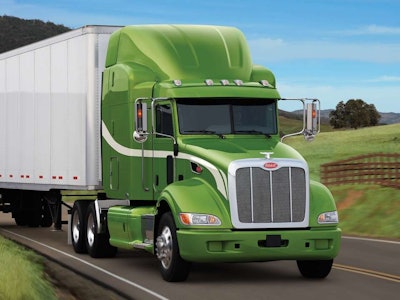
The California Air Resources Board on Thursday, July 21, approved up to $40 million for the third year of funding to promote the purchase of next-generation clean cars, trucks and off-road equipment. Californians will be able to use vouchers or rebates on a first-come first-served basis toward the purchase of zero-emissions or plug-in hybrid cars and zero-emissions or hybrid trucks and buses.
“This money is going to put thousands of ultra-clean vehicles on our roads within the year,” says CARB Chairman Mary Nichols. “That means better air quality sooner and real progress in making a dent in our dependence on petroleum.”
CARB approved the following funding:
• $15 million to $21 million for continued funding of consumer rebates of up to $2,500 toward the purchase of zero-emissions or plug-in hybrid passenger vehicles;
• $11million to $16 million to continue providing vouchers for California businesses to buy lower-emitting and fuel-efficient hybrid and zero-emission trucks and buses; and
• $2 million to $3 million toward promising locomotive, truck and bus technology demonstration projects needed for California to meet its long-term air quality goals.
This is the third year of the Air Quality Improvement Program that invests in new emissions-reduction technologies. In its first two years, the program funded about 2,000 zero-emissions passenger vehicles and more than 1,000 hybrid and zero-emissions trucks and buses, totaling $58 million. Funding for these programs is generated from expected revenues from smog abatement, vehicle and vessel registration fees.
A waitlist has been established for zero-emissions or plug-in hybrid passenger vehicle rebates to ensure that the additional rebates will be distributed fairly on a first-come first-served basis in the fall. The funding also provides about $100 million annually to the California Energy Commission for projects that reduce greenhouse gas emissions and promote fuel diversity, and up to $30 million annually to the Bureau of Automotive Repair for voluntary passenger vehicle scrappage programs. The programs will sunset in 2015 unless they are reauthorized.

